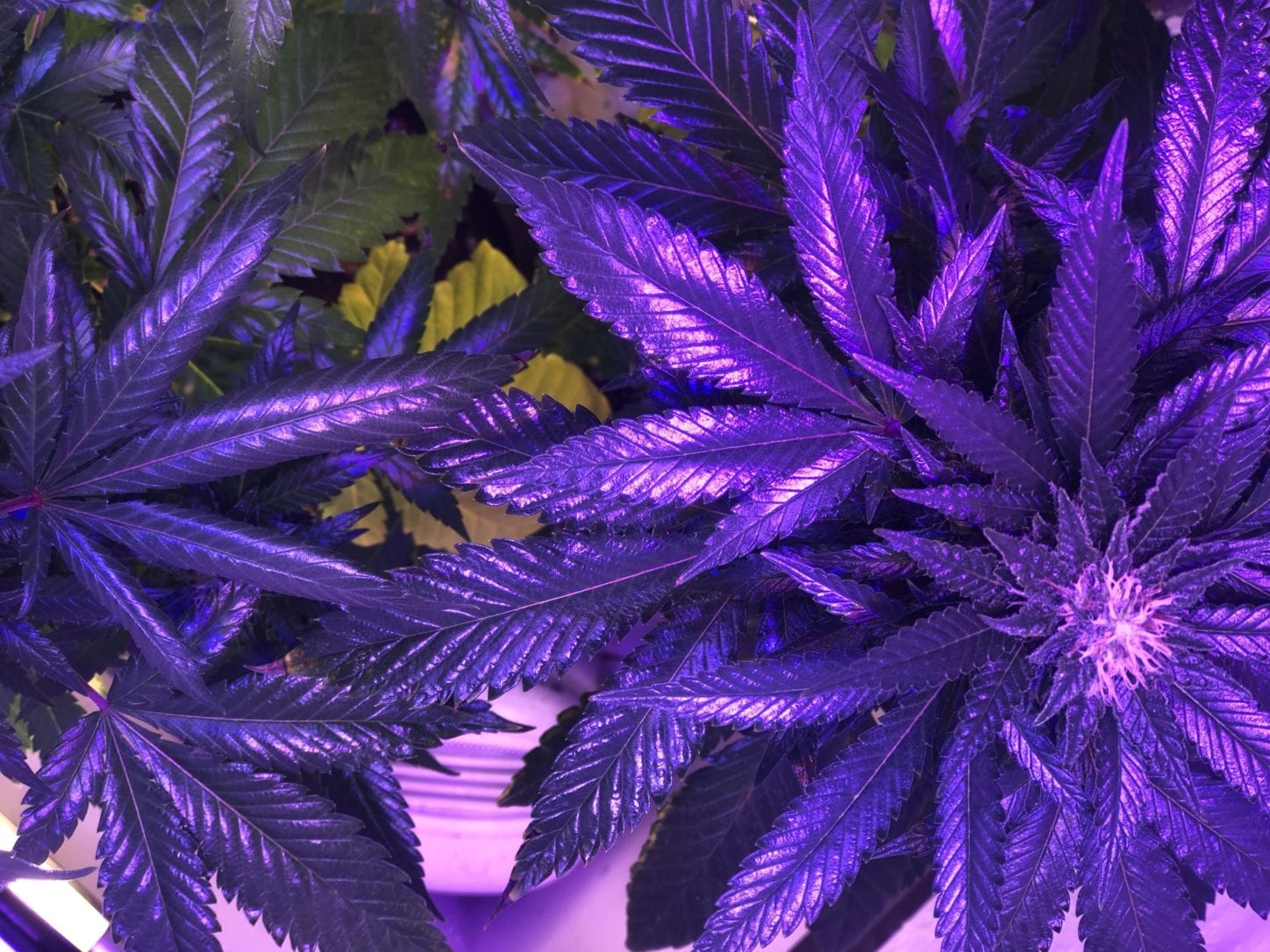Legal
Feds To Discuss Drug Testing Programs In Era Of Marijuana Legalization
By
How should federal employers navigate drug testing policies as more states legalize marijuana? That’s a question various agencies will be taking up at a pair of meetings scheduled for next month.
A notice of the meetings, which will be held by the Substance Abuse and Mental Health Services Administration’s Drug Testing Advisory Board (DTAB) December 4-5, was published in the Federal Register on Monday.
The notice is short on specifics, but it describes two days of meetings—one in open-session and the other behind closed doors—that will feature presentations on “emerging issues surrounding marijuana legalization” and the “impact of cannabis laws on drug testing and future direction,” respectively.
The overarching theme of the meetings concerns mandatory guidelines for federal workplace drug testing programs, and representatives from multiple federal agencies will submit updates on each of their department’s programs.
A more detailed agenda of the meetings was published online, but it doesn’t get into specifics, either. Marijuana Moment reached out to the DTAB official listed next to the cannabis presentation briefs for comment, but the individual did not respond by the time of publication.
While there’s been significant debate about drug testing policies and marijuana legalization’s impact on employment issues, it’s unclear based on the available documents if potential moves to allow federal workers to consume cannabis without being punished will be a topic of discussion at next month’s meetings.
If the board is thinking about implementing more lax policies on drug testing for marijuana, however, it might want to consider recent research such as a study that concluded that states with legal access to medical cannabis seem to experience fewer workplace fatalities.
Previous DTAB meetings have also included talks on cannabis policy changes. For example, in June 2017, several agencies such as the U.S. Department of Transportation commented on the prevalence of positive drug test results for cannabis metabolites, which remain in urine for significantly longer than other illicit substances and are therefore more commonly discovered in drug tests.
Another meeting, in March 2017, featured discussions on cannabis studies, including one that found edible marijuana “showed a long detection window” in urine drug tests and another that investigated the convergence of smoked-to-vaped cannabis use among consumers.
Meanwhile, Congress is considering bipartisan legislation shield federal employees from being punished for marijuana use that is legal under state law.
Read more from the source: MarijuanaMoment.net


